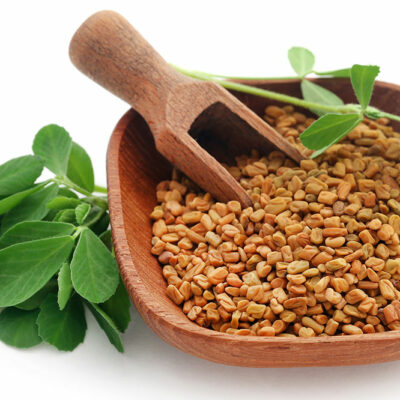
Human Foods Pets Should Avoid
Although it may be tempting to slip your pet food from the table, many human foods can be dangerous for your cat or dog. Even if your pet is begging for your food, it doesn’t mean they should be eating it. In fact, some human foods are downright harmful and even toxic for our beloved pets. The following human foods should be banned from your pet’s diet no matter how tempted you are to feed them from the table:
1. Chocolate
Although your pet may beg for a lick of your chocolate ice cream cone, chocolate is toxic to cats and dogs since it contains theobromine and caffeine. It is even worse if chocolate is consumed in large amounts, which increases its toxicity. If your pet eats too much chocolate, they may experience diarrhea and abnormal panting. In severe cases of chocolate ingestion, fatal heart failure complications can occur in pets, leading to emergency veterinary care.
2. Onions and garlic
Onions and garlic are hazardous to both cats and dogs. These veggies contain compounds that impact red blood cells, leading to anemia-related complications such as a racing heart. They can also cause kidney malfunction, leading to abnormally high or low urination and copious amounts of water intake. If you suspect your pet has eaten onion or garlic, bloodwork is highly recommended.
3. Grapes and raisins
Raisins are five times more potent than grapes if cats or dogs ingest them. Even a small amount of consumption of either of these will often result in diarrhea and vomiting. The most common fatal consequence of raisin or grape ingestion is kidney failure, which typically develops within 8 hours of ingestion.
4. Raw eggs and raw meat and bones
Although cats and dogs are carnivores, consuming raw meat, especially with the bones intact, can seriously affect them. Raw meat and raw eggs may contain salmonella, a bacteria significantly responsible for pet and even human food-related illnesses. While cooked meat and eggs may be a better option, if meat contains bones, they can lead to fatal choking and even an obstruction in the bowel.
5. Caffeine
Symptoms of caffeine ingestion can appear within an hour of a pet consuming them, and can cause some dangerous effects to a cat or dog’s bloodstream. Restlessness, panting and rapid heart rate are the most noticeable symptoms exhibited upon consumption. However, symptoms depend on the pet’s size, and the larger the pet, the less symptoms they might show. First aid should only be administered by a qualified veterinarian, because if left untreated, caffeine can lead to seizures in pets.


